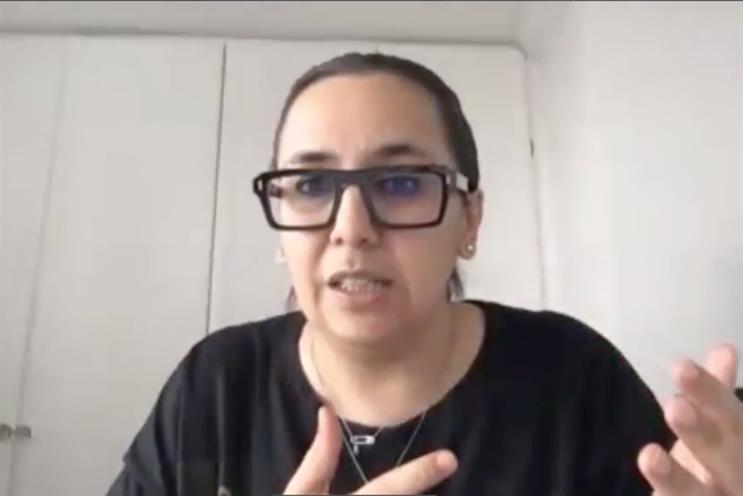
Adland has finally accepted that "we genuinely don't have a fucking clue" when it comes to making work during the coronavirus pandemic.
That’s the view of Leo Burnett London chief creative officer Chaka Sobhani, who explained that there are no easy answers when it comes to the pandemic, so all the industry can do is show "compassion, integrity and love".
Discussing coronavirus-focused creativity last week during the ±±¾©Èü³µpk10 Connect virtual conference, Sobhani said that "the beauty of the human spirit" sparked a departure from the cavalcade of lonely streets and rainbows that featured in many ads at the beginning of the UK lockdown.
"In the biggest tragedies, the human spirit looks for hope," Sobhani said.
"The real questions at the beginning of lockdown were ‘how are you of help’ and ‘how are you of service’, and if [brands] weren’t playing to that, then frankly shut the fuck up. There was no time for any other messaging."
However, pointing to Tesco’s in-store ad as a turning point for Covid-19 creativity, Sobhani claimed that brands have a responsibility to listen and respond to consumers with an authentic voice.
She said: "We’ve always talked in this industry about relevancy. We struggle to be relevant and Covid-19 has forced people within this advertising echo chamber to listen to the world.
"Naturally, we are problem-solvers, and I think we wanted to find solutions really quickly. It took us a few weeks to really lean in to the fact that we genuinely don’t have a fucking clue and all we can do is react with compassion, integrity and love."
"Without sounding like a Hallmark card, that still applies now. There’ll be a time where it starts to firm up a bit more, but for now we still need to breathe. This will shock you to your core: we still do not have the answers. Ten weeks on, we still won’t know the answers."
Hammering home the notion that we are indeed living in "batshit crazy times", Vicki Maguire (pictured, below), chief creative officer at Havas London, highlighted the work of brands including Barbour and BrewDog, which repurposed their production lines to create personal protective equipment and hand sanitiser respectively.
"I had a £10 bet with the guys at reception that we’d be back in the office within two weeks, so I’ve definitely lost that bet," Maguire said.

"Necessity is the mother of creativity and some of the work we have been seeing and the speed of change that brands have adapted to is heart-warming."
She also warned that consumers are quick to flag inauthenticity from brands, as exemplified by the public’s rebuke of L’Oréal’s Black Lives Matter post last week.
"If you know what your brand’s DNA is and have a really clear idea of where they can play in the world, you’re in a position to speak out. This allows brands like Nike to tell you ‘Don’t do it’; but when you’re being harangued by a life-insurance company or you have a cheese telling you to stay home, you’re like: ‘Mate, read the room.'"
Maguire continued: "Customers are really savvy, and if they don’t like the way a brand is operating, they go somewhere else – and that’s the strongest thing they can do."
Likewise, Jim Piercy at The Wall Street Journal maintained that authenticity is the key to interacting with consumers during what many are referring to as "unprecedented times".
"Brands have to have licence to talk about themselves in a certain way and customers are really savvy on that now more than ever," Piercy explained.
"Humility is a huge part of that, as well as being hypersensitive to economic and social changes, which affect brands and businesses, and by extension their customers."
Unilever’s executive vice-president of global marketing, Aline Santos, also took to ±±¾©Èü³µpk10 Connect to warn brands against creating "opportunistic" reactive content, in light of the US's current civil unrest.



.jpg)
.jpeg)
